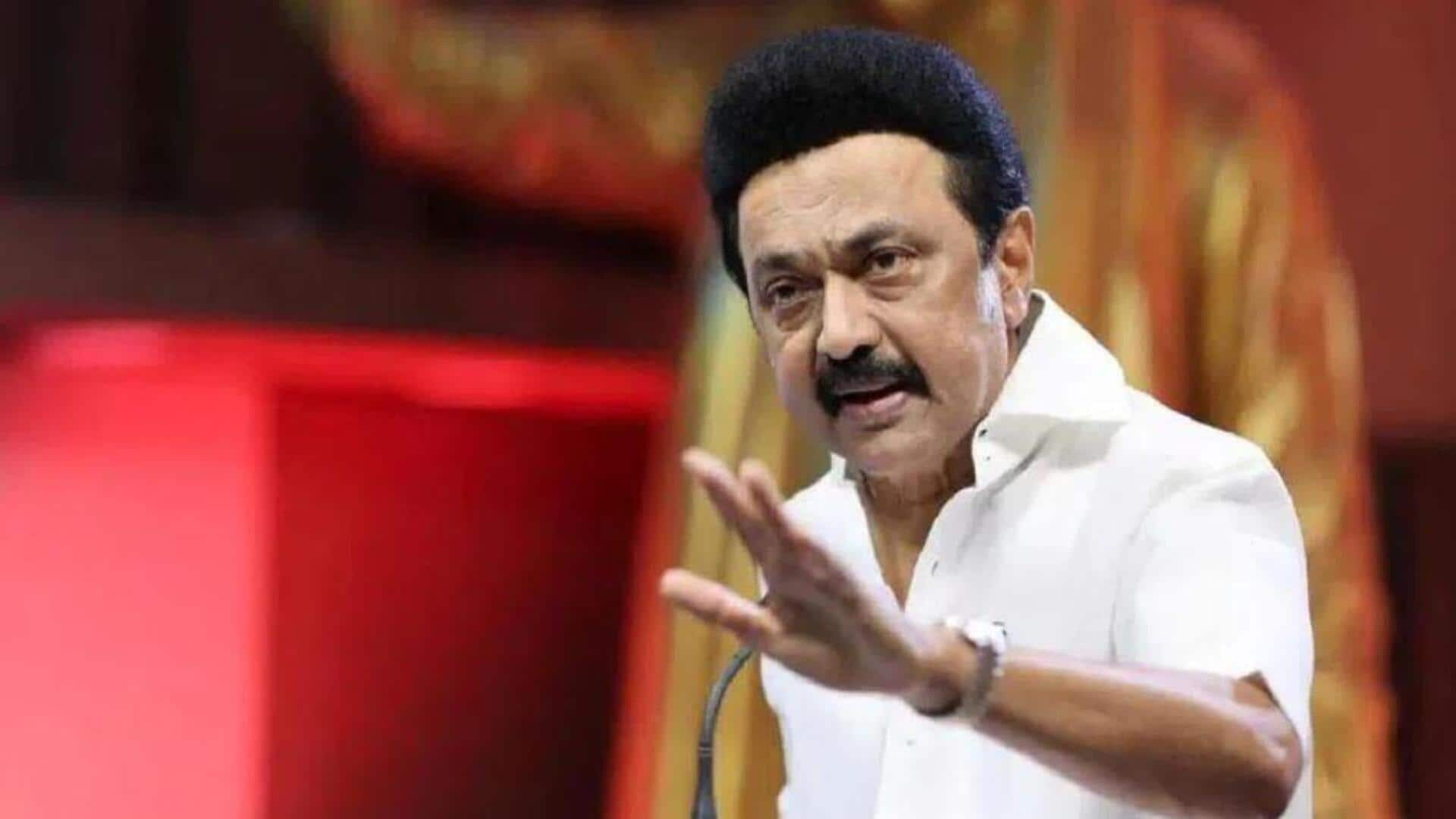
Supreme Court agrees to hear DMK's plea challenging SIR
What's the story
The Supreme Court has agreed to hear a petition filed by the Dravida Munnetra Kazhagam (DMK) challenging the Election Commission of India's (ECI) decision to conduct a Special Intensive Revision (SIR) of electoral rolls in Tamil Nadu. The matter will be heard on November 11. The DMK's petition, filed under Article 32, contests ECI orders dated June 24 and October 27, which mandated the SIR.
Legal arguments
Previous electoral roll revision completed in January
The DMK's petition argues that a Special Summary Revision (SSR) was already conducted in Tamil Nadu from October 2024 to January 6, 2025. It said this revision updated the electoral roll for migration, deaths, and deletion of ineligible voters. The updated roll was published on January 6, 2025, and has been continuously updated since then.
Guidelines challenge
ECI's actions deemed unconstitutional by DMK
Despite this, the DMK claims the ECI, on October 27, invoked powers under Article 324 of the Constitution and Section 21 of the Representation of the People Act (ROPA), 1950. This mandated conducting a fresh SIR with new guidelines mandating citizenship verification for those not on the 2003 electoral roll. The party argues this is a constitutional overreach, as Article 324 only applies in areas unoccupied by legislation.
Statutory argument
'SIR process ultra vires parent act'
The DMK contends that the SIR process is ultra vires the parent Act and Rules, as it isn't mentioned in either. Section 28(3) of the RP Act requires all rules to be notified in the Official Gazette and laid before Parliament. The absence of such notification for SIR renders it without statutory force, according to the party's arguments.
Burden argument
'ECI becomes de facto NRC'
The DMK's petition further argues that the SIR process burdens citizens by requiring them to prove their citizenship. The party claims this effectively makes the ECI a "de facto National Register of Citizens (NRC)." It also says that Electoral Registration Officers (EROs) can refer "suspected foreign nationals" to authorities under the Citizenship Act without due process. Phase two of the SIR began this week in nine states and three Union Territories. It will continue till December 4.